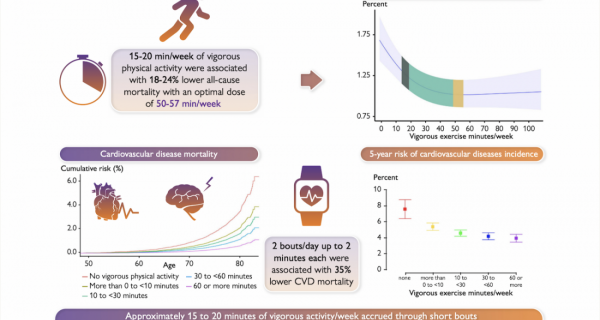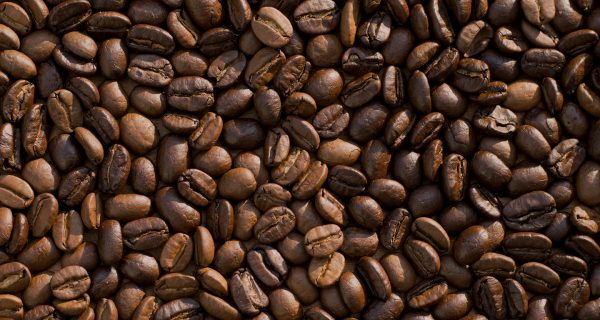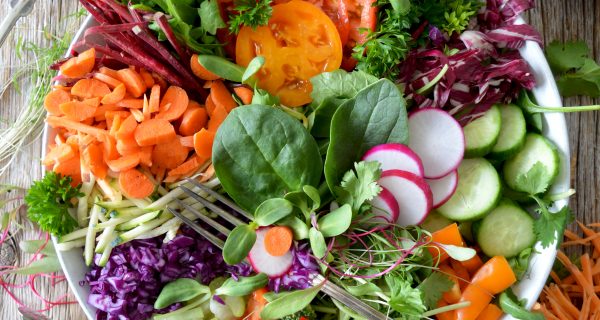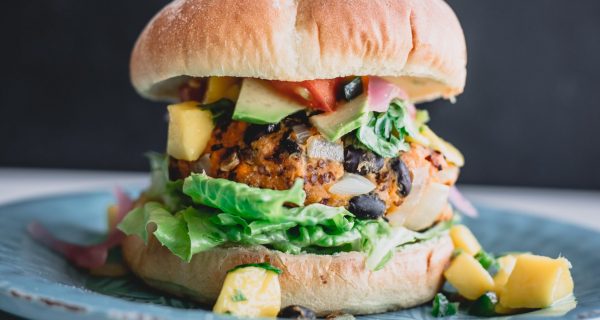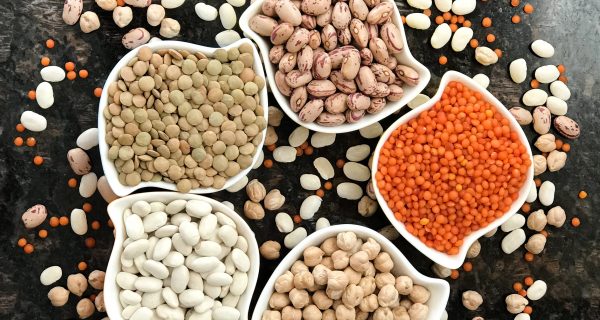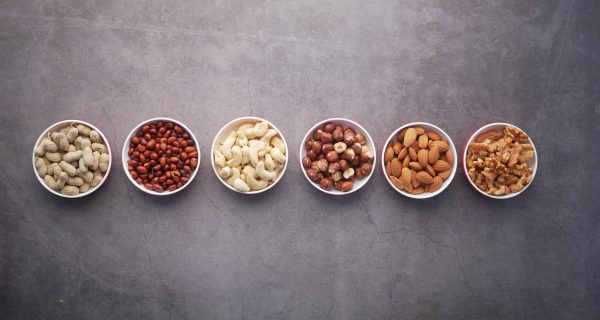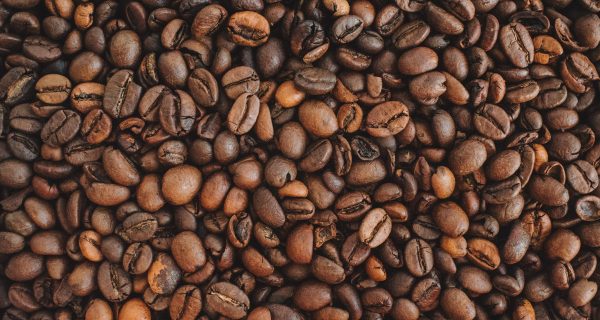Does Timing Matter?
A growing body of evidence suggests that intermittent fasting is a viable alternative to daily caloric restriction, proving effectiveness as a weight loss intervention.

The practice of fasting is historically rooted in religious traditions. Examples include eating restrictions of Ramadan, prolonged fasting in Ancient Greece, and in Old Testament times, typically for spiritual purposes. In more recent times, the practice of fasting has been proven to have clinical benefits, particularly as an intervention against obesity and its related pathologies.
In a recent study published in MDPI journal, Nutrients, researchers Alan A. Aragon and Brad J. Schoenfeld, investigate intermittent fasting variants and their effects on body weight and body composition. According to their findings, this is what you can do to improve and optimize your existing intermittent fasting models:
1. For Alternate-Day Fasting and Twice-Weekly Fasting
During your feeding days the study findings suggest:
- Total daily protein should be optimized at ≥1.6 g/kg.
- Coincide feeding days with high-effort or high-volume training days when possible.
During your fasting the study findings suggest:
- For modified fasting (25% of normal maintenance intake; appx 500–600 kcal), choose a protein-dominant meal or snack.
- Be conscious about staying properly hydrated since cues to consume fluids may be reduced in the absence of meals.
2. Time-Restricted Eating
- Consume total daily protein at ≥1.6 g/kg.
- Tailor the duration of the feeding window (appx. 6–10 h) to individual preference and tolerance.
- Tailor the placement of the feeding window (early versus delayed) to personal preference, work or lifestyle schedule, and goal (including specific objectives of the training bout).
- Goals involving maximal retention (or growth) of muscle mass can benefit from including a pre-sleep protein feeding (~0.4–0.6 g/kg consumed as a final meal/snack before bedtime).


















